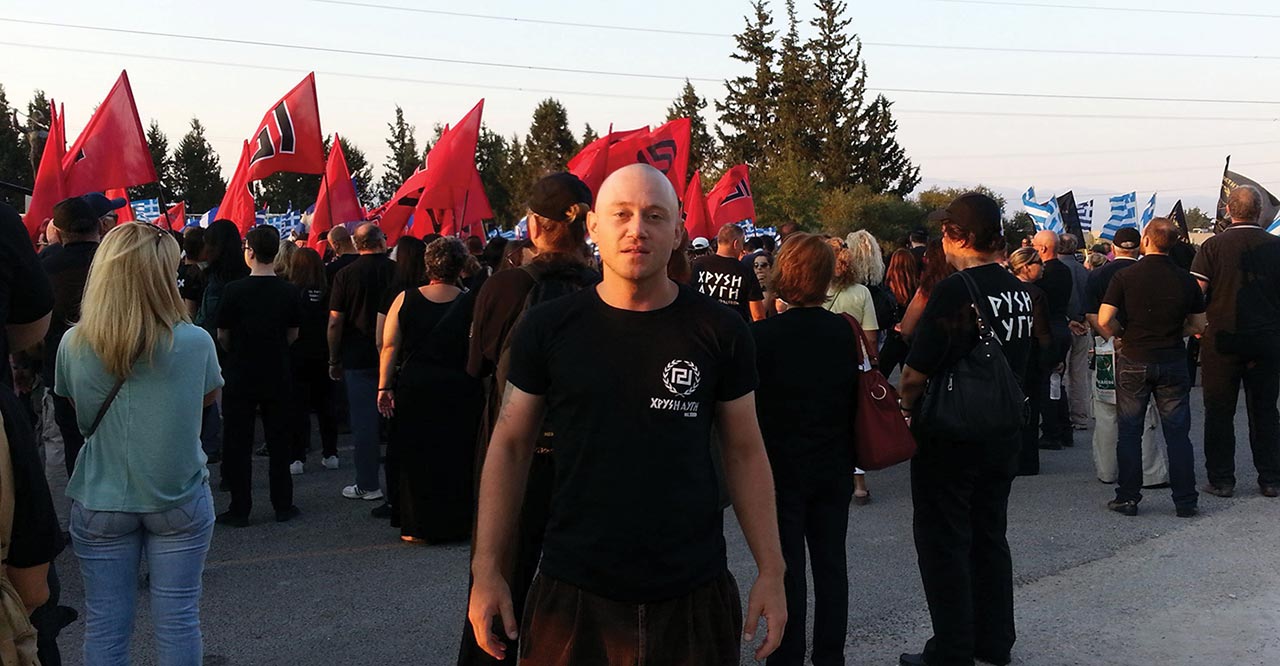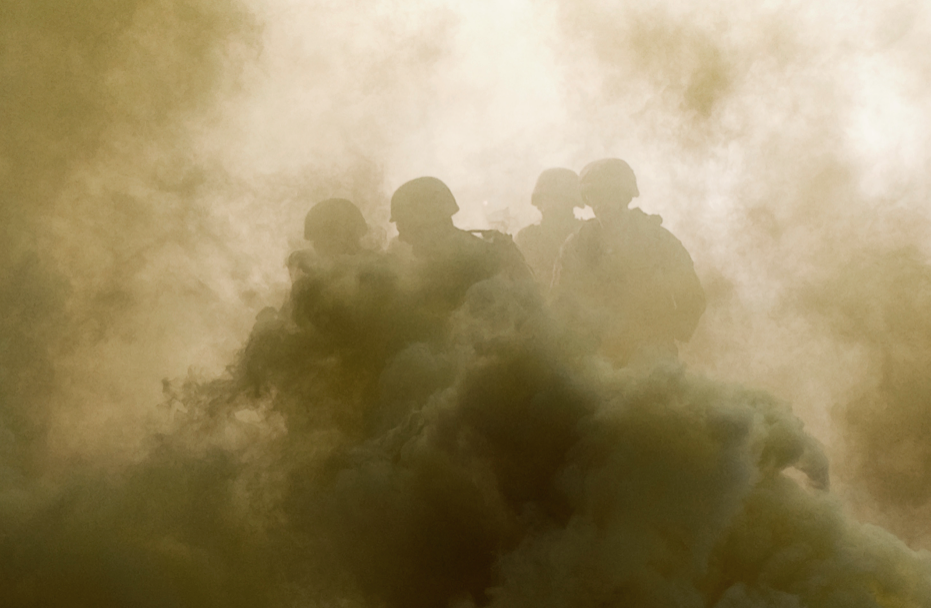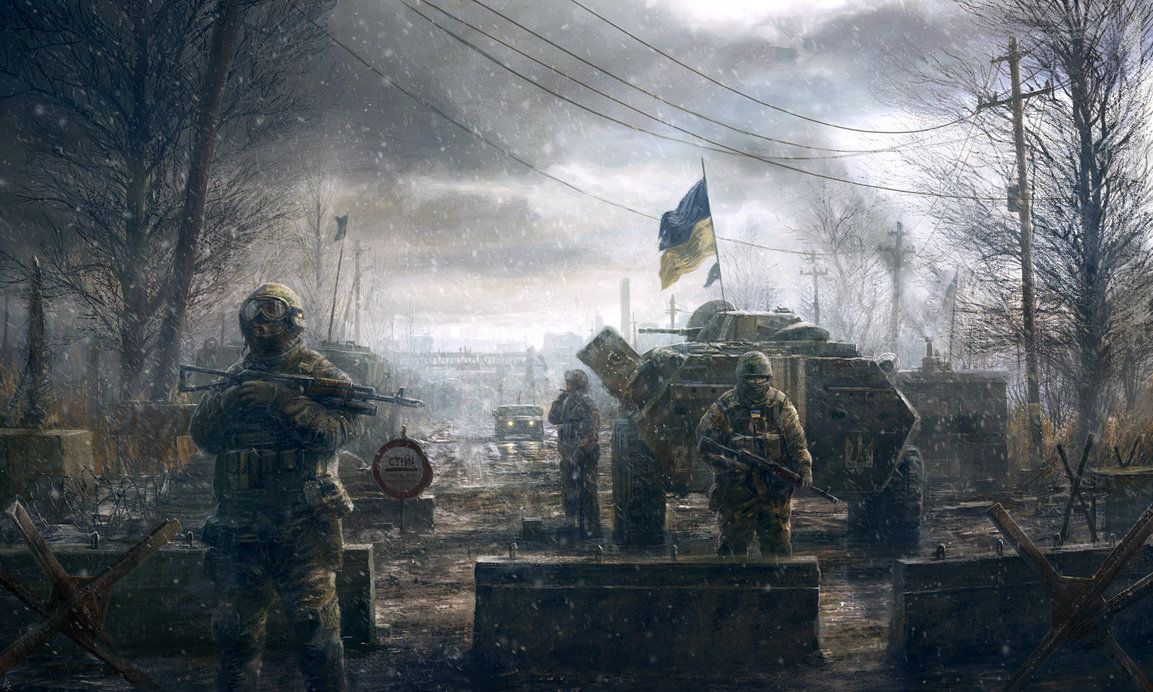‘The West has developed a toxic brew of essentially anti-civilization mind viruses, which have acquired cultural hegemony, and which all outside cultures & polities would be very well-advised to firewall themselves from’. —Anatoly Karlin
Lately I have seen the term ‘mass formation’ used to describe what, in my vocabulary, I call folie en mass or madness shared by all westerners.
And madness it is, indeed. Fox News’ Sean Hannity ready to start World War III? A seizure of Russian sovereign assets with no precedent in post-war history? US Senator Lindsey Graham calling for President Putin’s assassination? A Russian store in Germany vandalised? Restaurants in Prague that say Russian citizens have to apologise before being allowed to enter? Russians out of chess tournaments just for being Russian? I mean: if globalists can steal a yacht of a Russian oligarch with no due process, they can easily steal your home and your savings account (cf. Trudeau’s Canada). The cause of all this has been explained by Raiden today on Twitter (to whom I sent the link to the masthead on this site):
Culture is a shared intellectual software that helps people navigate through life. If the software is good—if one is operating from correct first principles—he will find a solidity and constancy to his ideas, continually adding to and refining them.
The problem with the Western mind is this to some extent has been the issue with our civilization as a whole, ever since the traumatic destruction of classical antiquity, in which we were sundered from our spiritual traditions.
Because of the above tweet I sent him the masthead.
Today westerners are spiritual orphans.
They lack intellectual and spiritual solidity, and thus wander from ideology to ideology.
From Christianity to Marxism to anti-white woke ideology. And just as Fox News when push comes to shove is no better than CNN, in racialist forums something similar is happening.
Today for example I deleted my Sunday post, linking to a Pat Buchanan article on The Occidental Observer, and put in its place my mantra post about the word racism. The reason is that, while I had liked Buchanan’s first piece on the Observer, in his article today in the same webzine, ‘Is Putin Considering Using Nukes on NATO?’, the patriotard has joined the mass formation by saying that NATO should secure the independence of Ukraine, effect the removal of Russian troops from Ukrainian territory and that Finland and Sweden should be invited into NATO (today Fox News’ Jesse Watters just said something similar). Even Richard Spencer recently said that, as a good patriot[ard] he is, he’s siding his country and NATO.
I still believe what I said in ‘Putin’s show’: that since the US is the spearhead in the war against the Aryan, anything that weakens it should be welcome. That doesn’t mean that I’ve suddenly rejected everything I’ve written on this site about Solzhenitsyn, but that this war has broken the US monopoly on who gets to do the violence in the international arena. If the gringos no longer have that monopoly, and that is why they are all hysterical (including Hannity and Buchanan), thanks to Putin’s war there is a better chance that they will wake up and we may save the Aryan DNA that still exists in America.
The only racialist blogger who has good preservation instincts these days is Andrew Anglin, who in his post today said that Russia now has a quarter of Ukraine under control and that this is a lot faster than the US wars in Iraq and Afghanistan.
When will Americans understand the obvious? To save Aryan DNA north of the Rio Grande you need to hate your state. If your race is your nation, the state is the enemy of your nation: the original stock that founded your country. Or haven’t you read American Michael O’Meara’s 2004 article about why the US has been the greatest threat to the white race?
In times of mass psychosis, the healthiest thing to do is to cancel your cable news subscription, never use your cellphone (I bought one just because the bank needed a cellphone number, but I always have it turned off in a drawer and don’t have any plan or contract with the company that sold me it), and read a printed book that sheds light on what mass formations have been.
 (Holding the copy of The World of Yesterday that I read when I lived in Houston, Texas.) I would suggest reading Stefan Zweig’s The World of Yesterday about the days before the First World War. It describes how all Europeans began to beat the war drums with no idea about what was going to happen…
(Holding the copy of The World of Yesterday that I read when I lived in Houston, Texas.) I would suggest reading Stefan Zweig’s The World of Yesterday about the days before the First World War. It describes how all Europeans began to beat the war drums with no idea about what was going to happen…
If the visitor to this site has a warm room where he can enjoy traditional literature, he might be able to insulate himself against the mind software—a massive formation—Anatoly Karlin and Raiden were talking about that is literally driving all Westerners mad through TV, the internet, mobile phones and woke friends and relatives.




